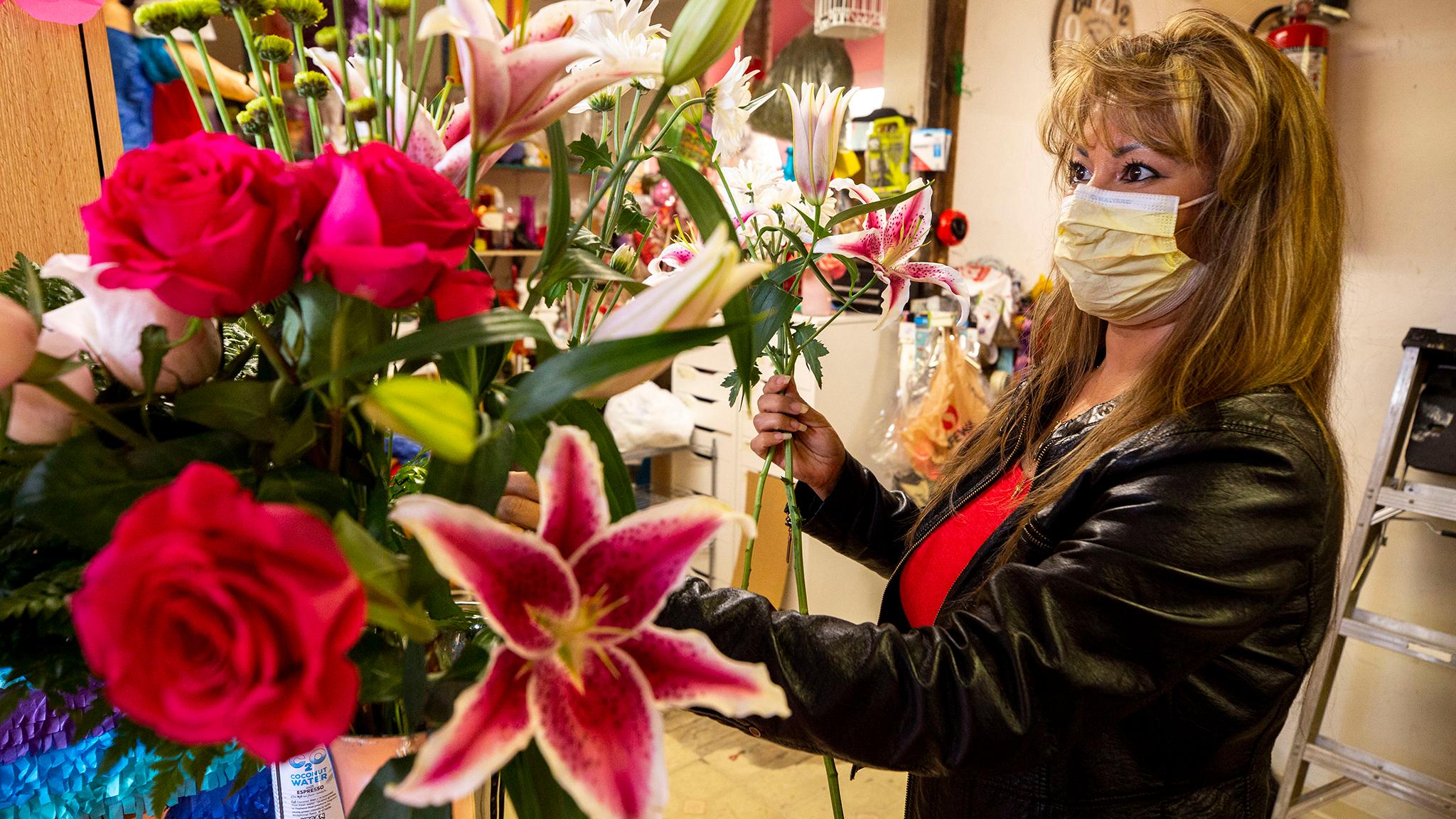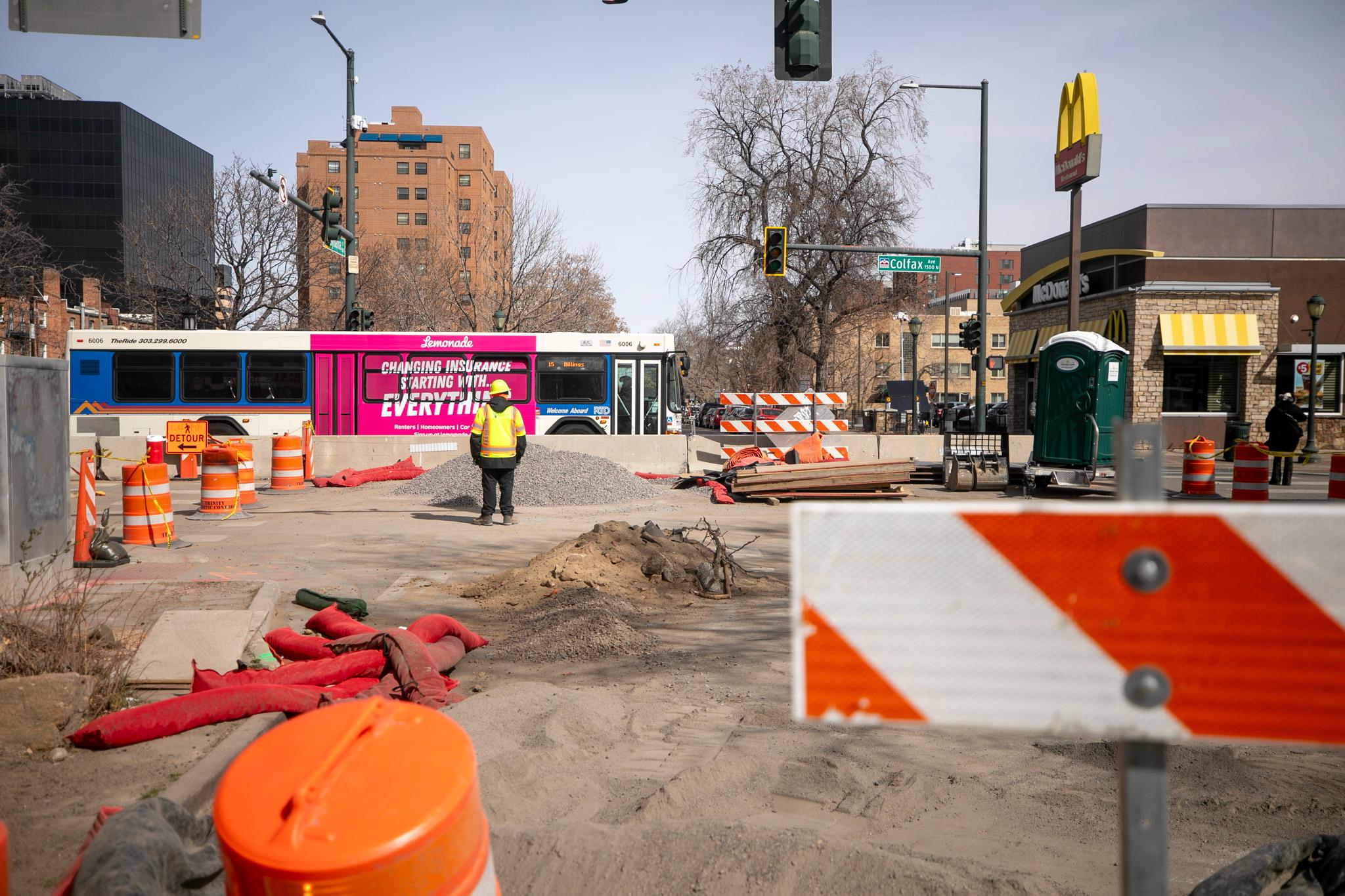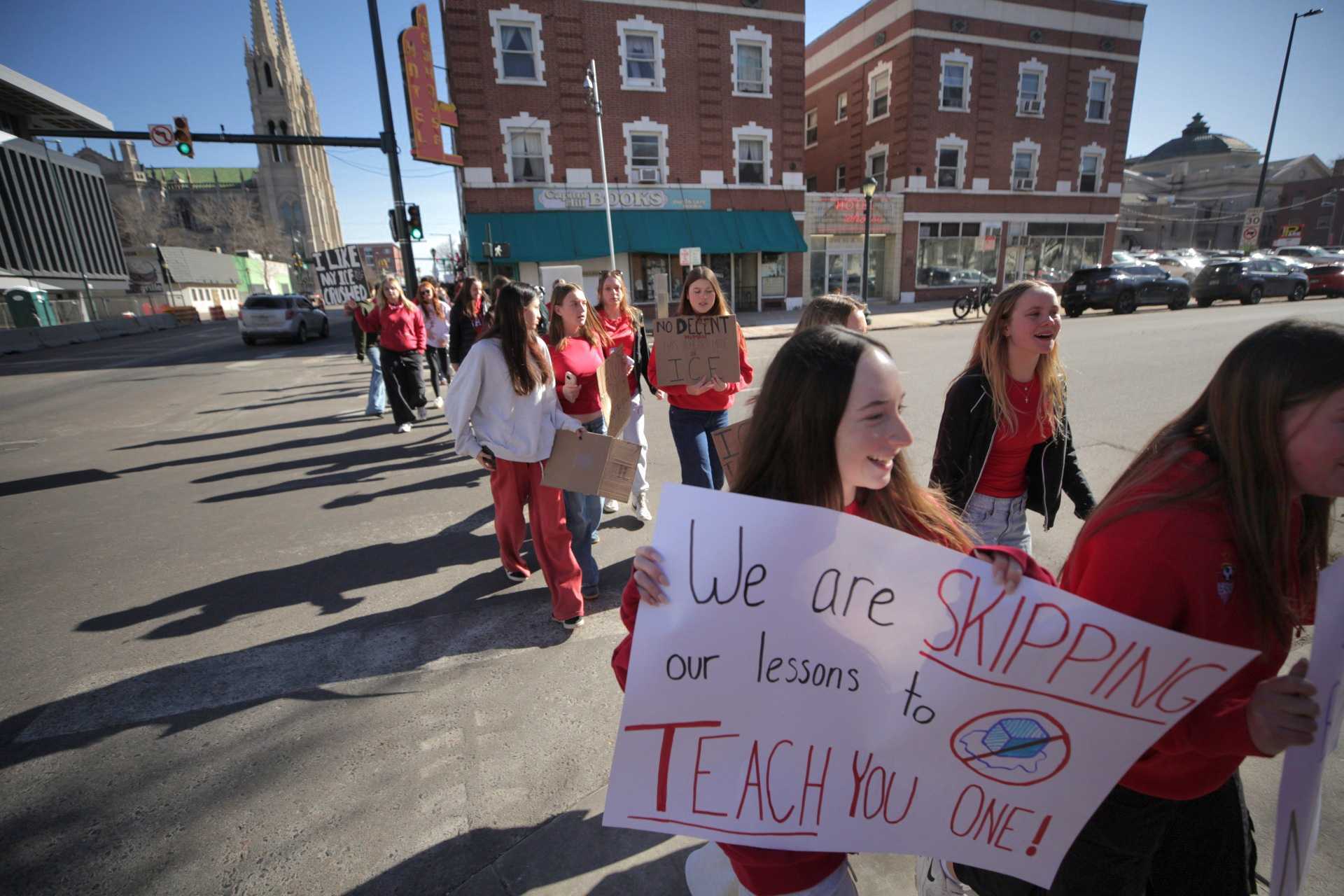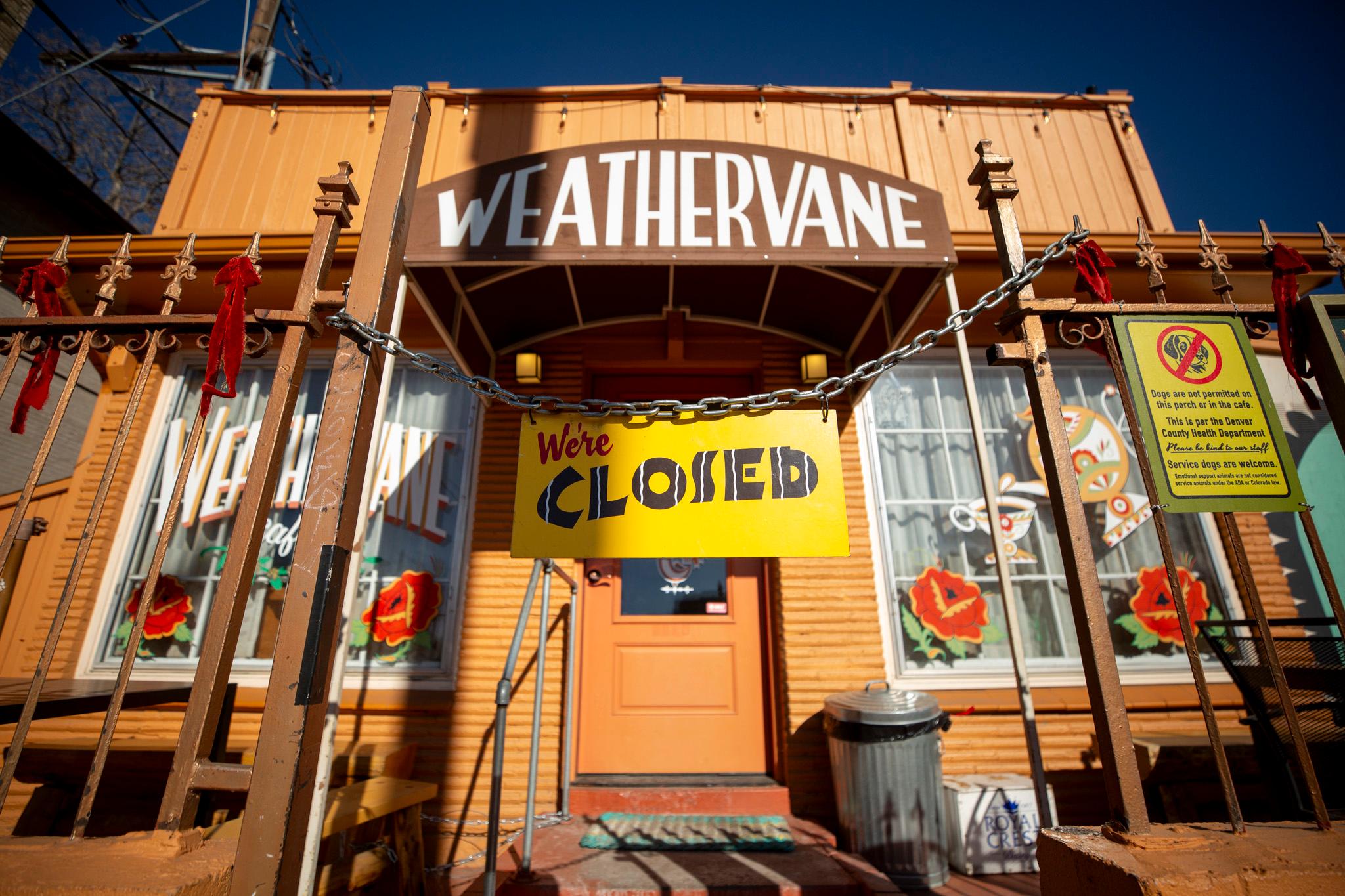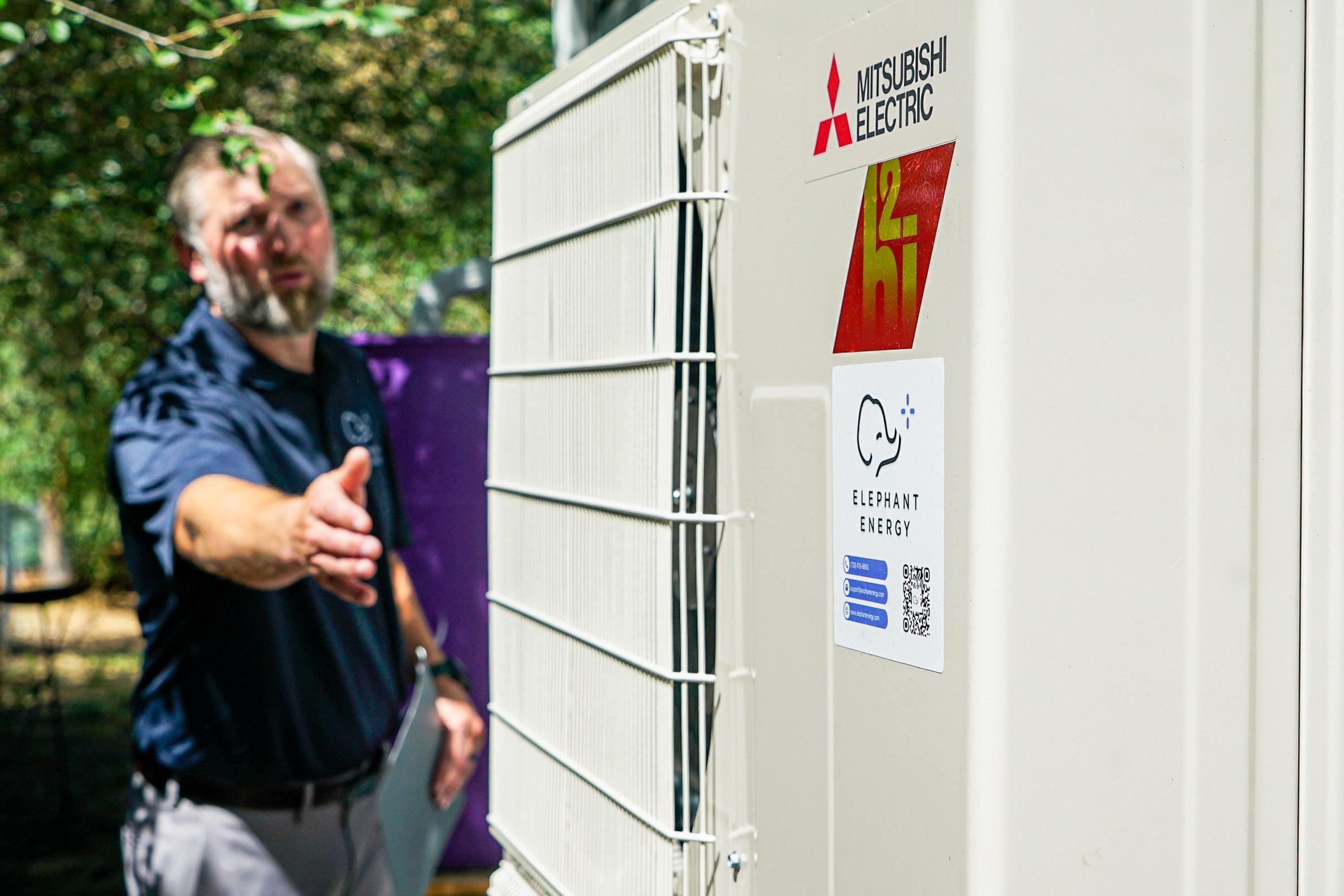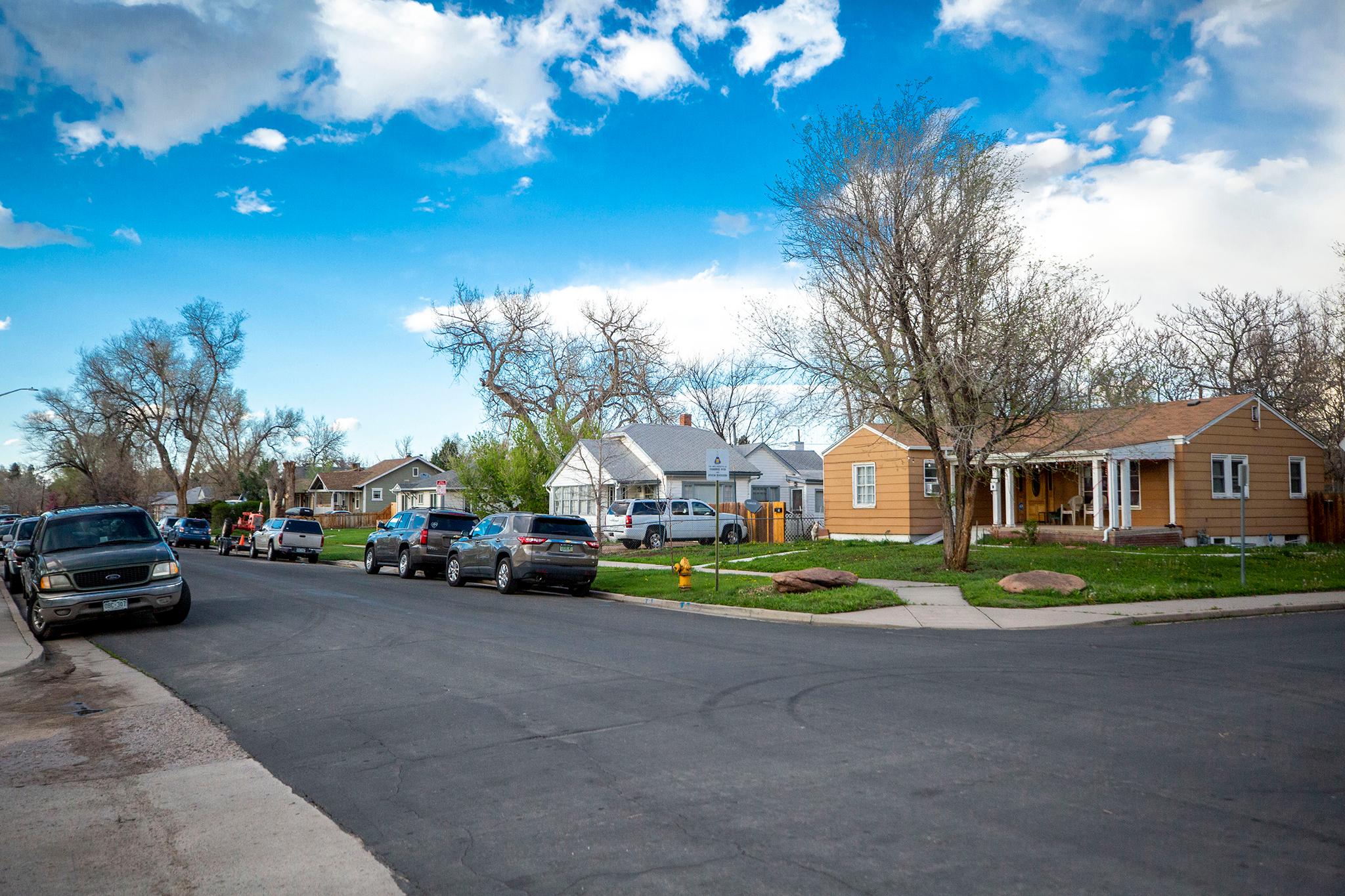Eva Araujo had mixed emotions when she heard this week that Gov. Polis announced that Colorado could begin to come out of its pandemic hibernation.
Her Mexican restaurant, Araujo's on 26th Avenue at Federal Boulevard, has been operating with a skeleton crew for weeks. Business has been very slow, and she said she was just barely able to make payroll on Monday. Her rent is more than $2,000 a month. With utilities and insurance, it's a scary time for her family's livelihood.
So the possibility of re-opening, even under social distancing guidelines, is tempting. She'd like her cash flow to start picking back up. But the possibility that she or her staff could catch the novel coronavirus also concerns her. She and her husband have been talking through the dilemma since Polis' announcement.
"It's kind of frightening to say no, and it's frightening to say yes," she said. "We're not sure all of this has actually gotten better."
The statewide stay-at-home order will expire on Sunday, and Polis said workplaces will be allowed to reopen to half of their normal capacity on May 4. Denver's stay-at-home order is set to expire on April 30, but it has yet to reveal a plan for how the city will reopen.
Still, proprietors are beginning to think about their next steps.
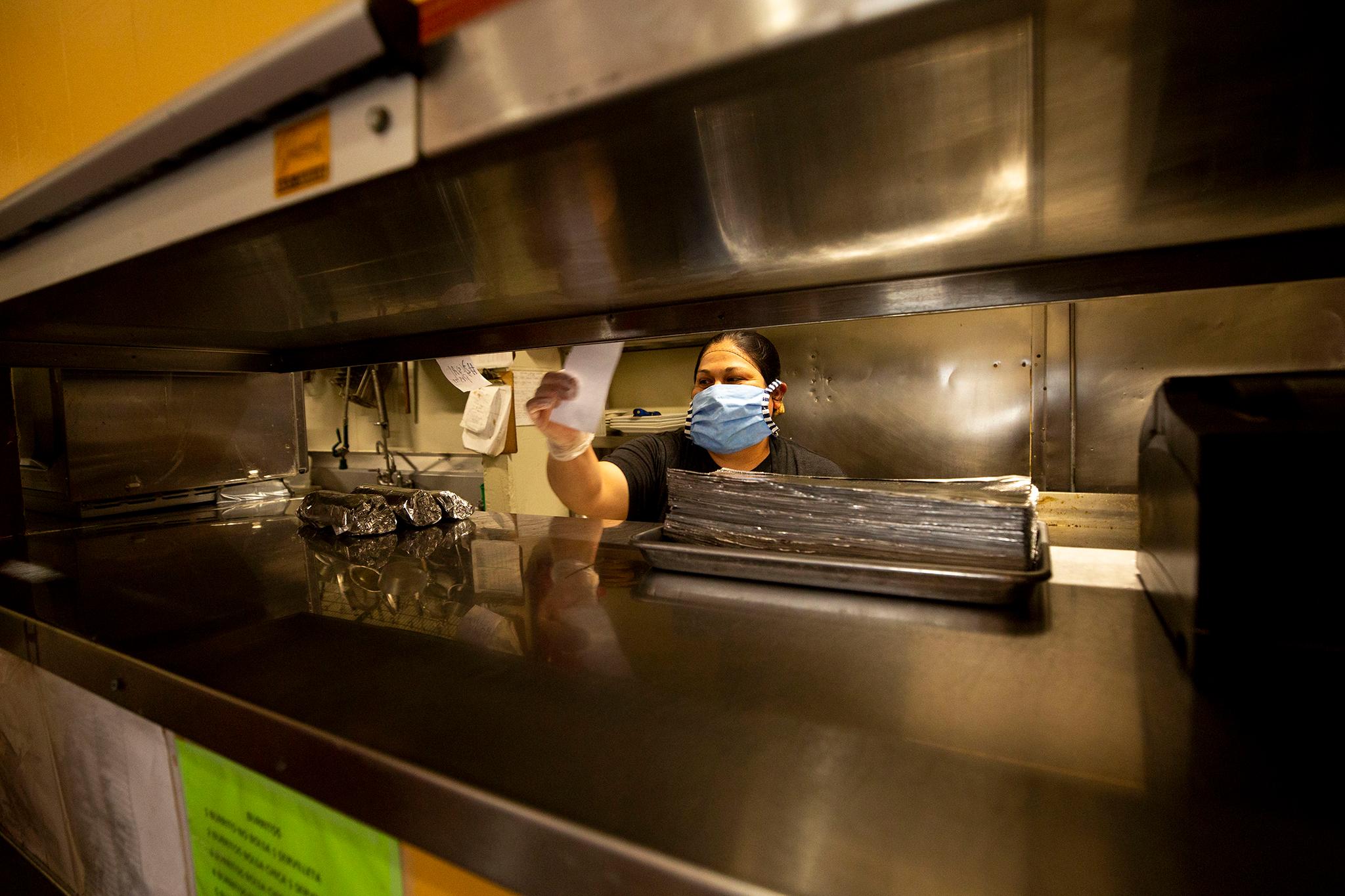
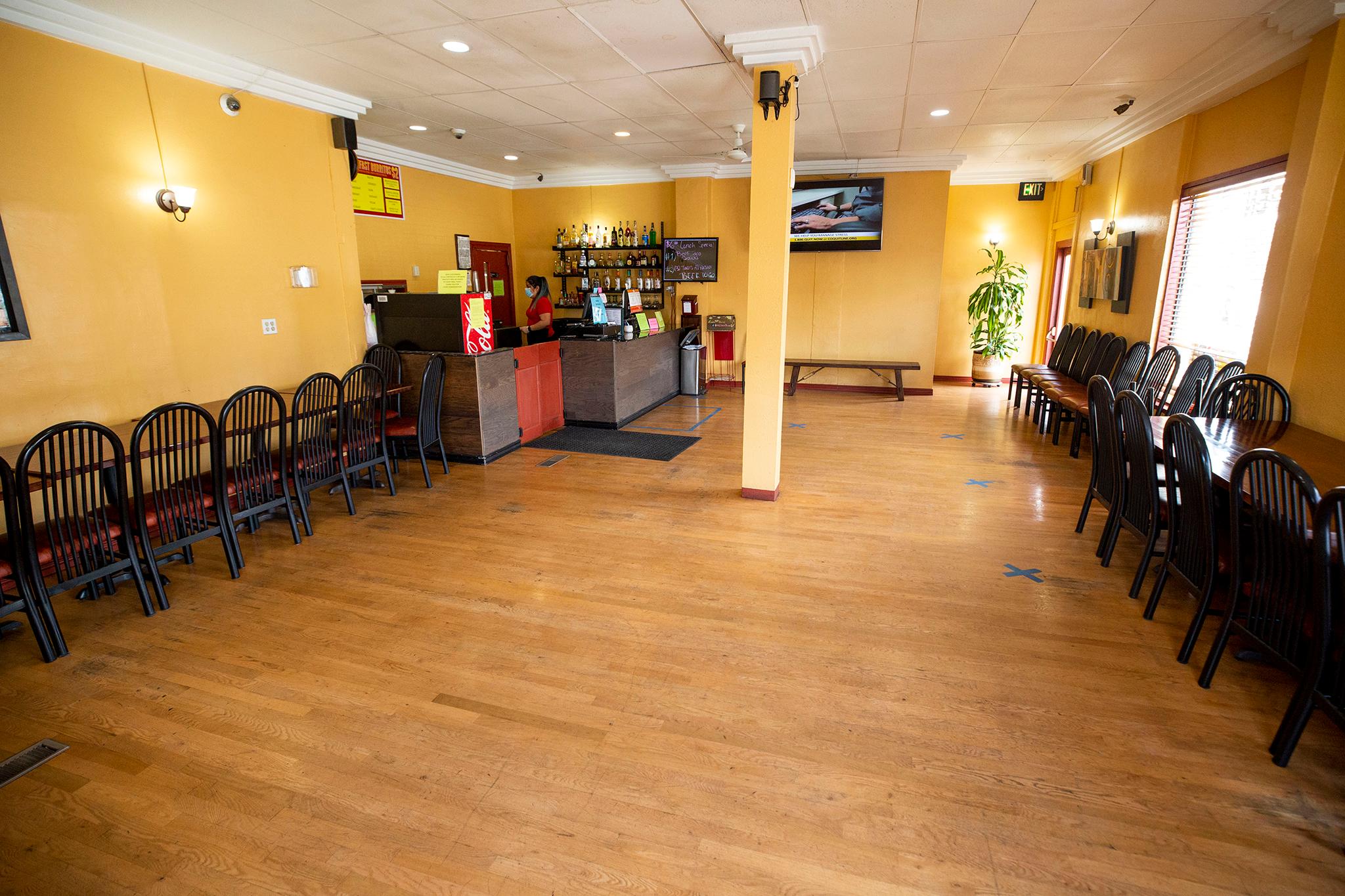
Martha Jamieson, who owns a piñata shop not far from Araujo's, said she could use the money, too. She said she feels bad that she's not taking calls from her landlord right now, but she just can't pay the rent. Meanwhile, she's trying to figure out how to keep the business going. Mother's Day is around the corner, and she hopes she can sell flowers from her parking lot.
Jamieson has applied for money wherever she can get it, but so far nothing has come through. She's hoping she'll hear soon from the city, which has offered $7,500 grants for businesses. She still hasn't heard back from the Small Business Administration about her loan application, and she hasn't received a stimulus check from the federal government. She should get a couple thousand dollars this week from the Federal Boulevard Business Improvement District, which has turned its $30,000 event budget into a grant fund. Small as it may be, Jamieson said that money will go a long way.
While these opportunities may tide her over, they won't replace her revenue forever. She needs to get the business going again, but it's a proposition that fills her with anxiety.
"I'm so worried about the virus," she said. "I will do everything to take all the safety into account, anything I can do to prevent [the spread]. But at the same time, I'd at least like to be allowed to make some money."
She said she'll open on May 1, though she's still waiting to hear what rules she'll need to abide by.

On Broadway, Alicia Cardenas is trying to rework her tattoo and piercing parlor, Sol Tribe, to reopen eventually. When she spoke to Denverite a few weeks ago, she was concerned about her ability to continue operating in the commercial district where rents had already become tough to manage.
But Cardenas' perspective has shifted since April 1. She was able to work out a plan with her landlord, so now she's less worried about bankruptcy than she is about how, exactly, she'll be able to open.
Tattoos and piercings are an especially difficult area, she said, because it's so intimate.
"We're within people's mouths," she said. "There's no way that we're in a position right now to do that."
Cardenas hopes Denver will come up with some solid guidelines for shops like hers to safely restart business. She helped pen the city's tattoo and piercing rules more than 20 years ago, and she said they've long needed updating.
She thinks shops should be required to talk with clients before they come in to ensure they're not sick. She plans to put up signs and rope barriers to keep people away from staff when it's not their turn to get ink. As tight as things are for her bottom line, she'll have to spend more for these items before she's comfortable letting customers back inside.
And even if the mayor decides to make rules on top of state guidance, slowing Denver's reopening beyond the rest of Colorado, Cardenas said she'll stick to her own schedule. It will be phased, staggered to meet her concerns.
"There's going to be a second wave of this if we're not careful," she said. "We are not going to be lured into opening a business that doesn't have solid guidelines."
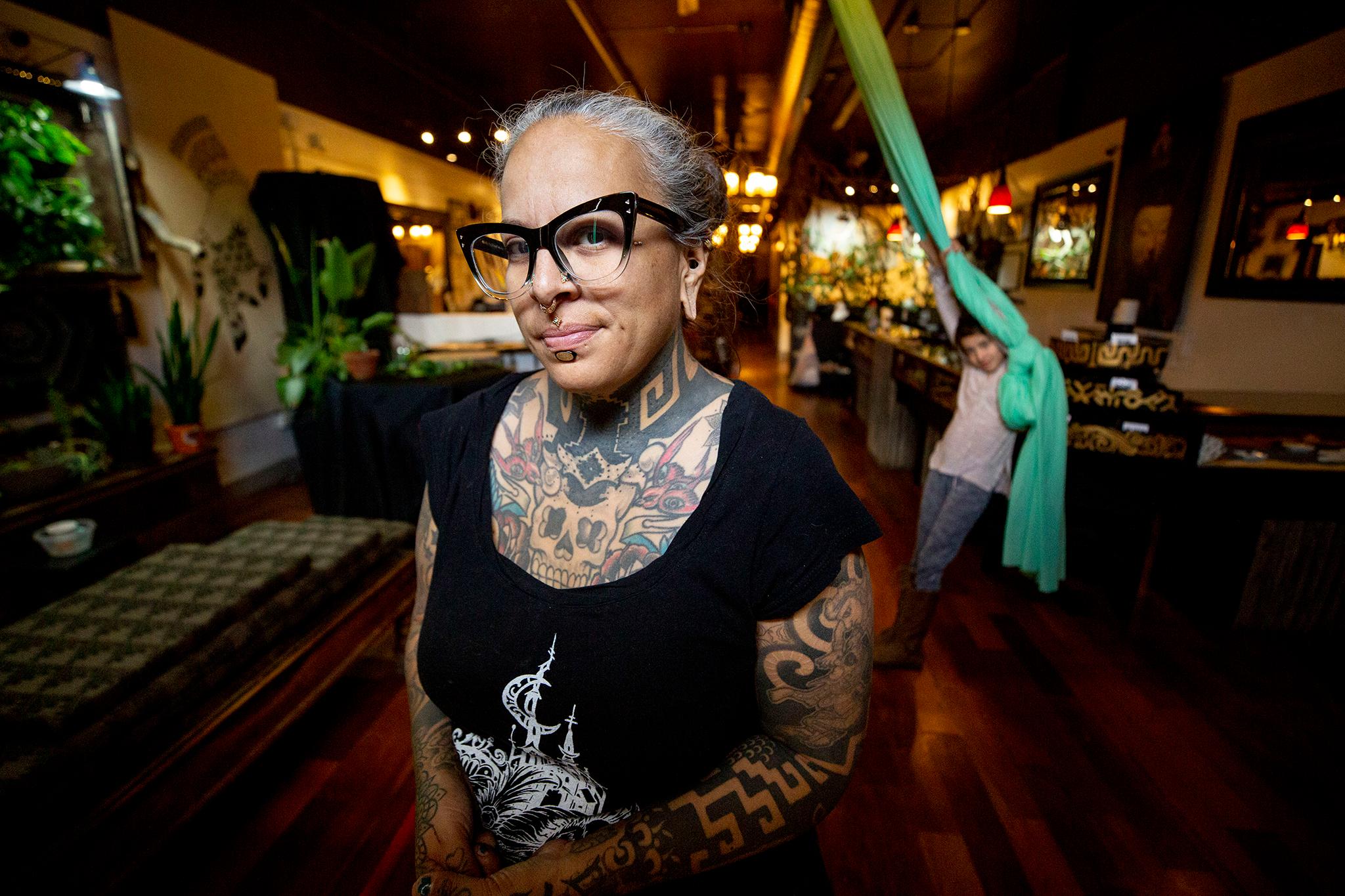
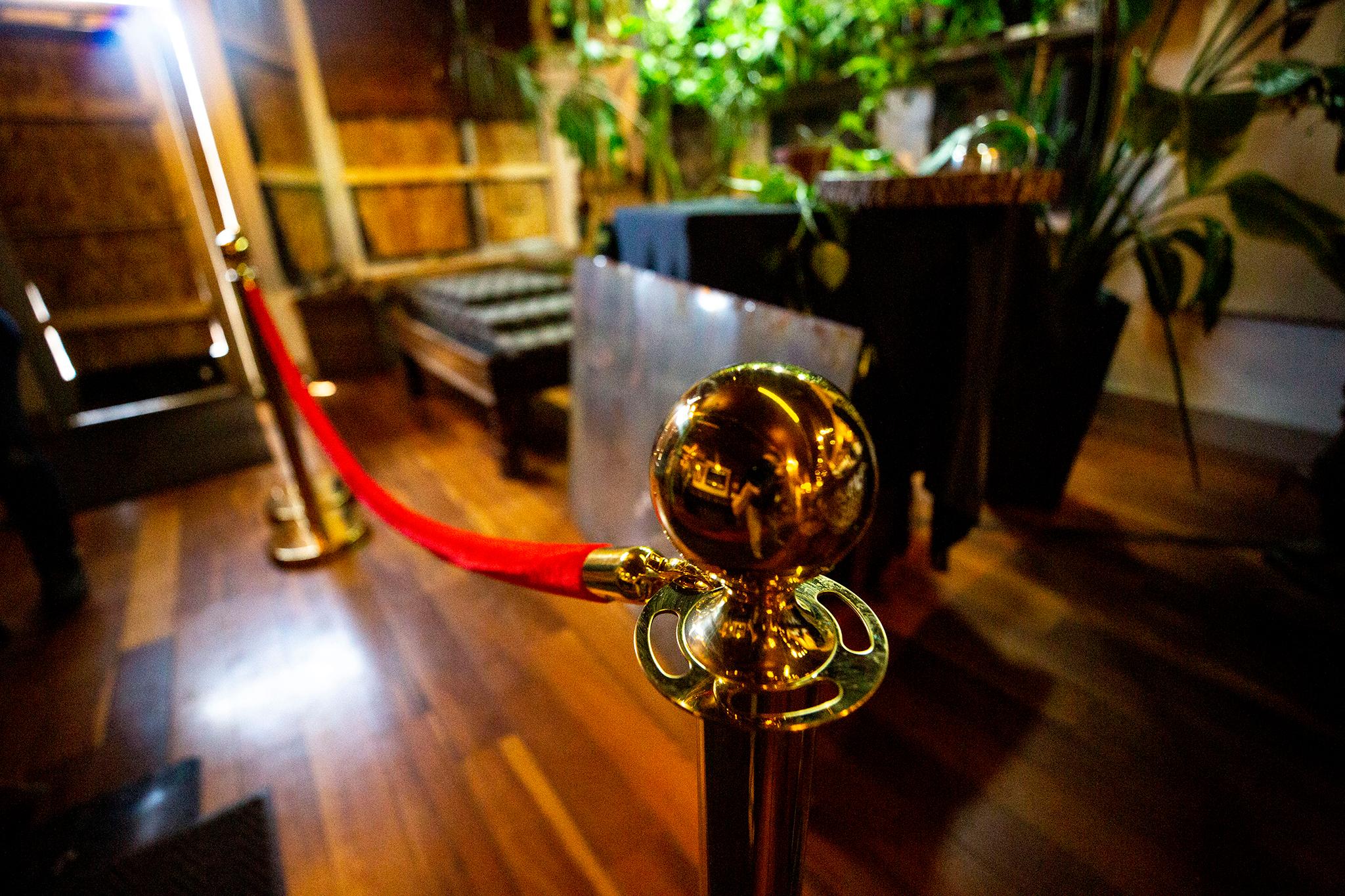
In Centennial, Veronica and Elisa Mata are also faced with this dilemma. The Clue Room, which they said is the largest escape room complex in the state, relies on contact to be successful. They've been pushing virtual escape puzzles that people can play at home while things have been closed, but it's not bringing a cash flow anywhere close to what they need.
Like Cardenas, the Matas have been able to work something out with their landlord, so they're not facing an imminent emergency. They'll open up as soon as they're allowed, but it will be different than it was just a few months ago. They'll stagger games and give themselves more time to reset and clean puzzles before they allow more people inside. And even if they do continue operations below normal capacity, Elisa said she's not sure customers will come.
The pandemic, she said, "will affect us until there is a cure."
We want to know how you're feeling. Use the form below or find it here.

